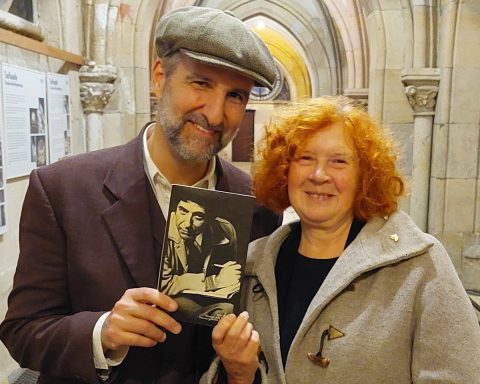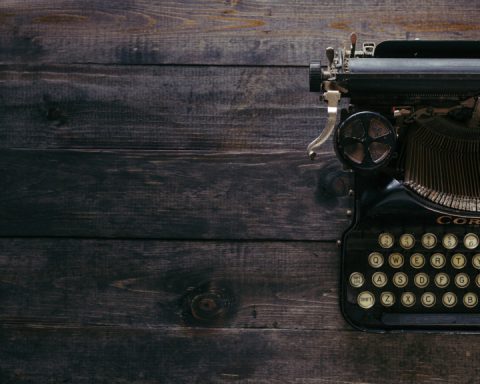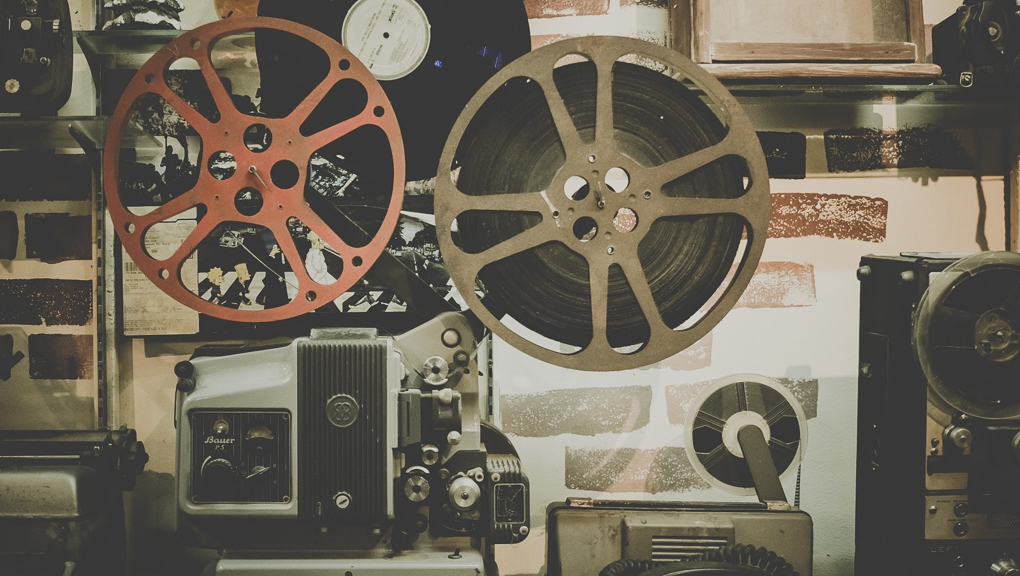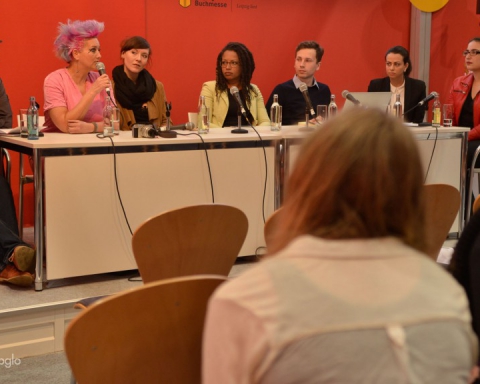LeipGlo column: Literary Parlor
No, I’m not interviewing any literary celebrity this time. I’m not fishing for wisdoms and whims from the horses’ mouths. The guests in my parlor this time are seventeen – Generation Z – and have, according to generous estimations, yet a whole century to reshape this planet. I see them on a daily basis, they are my students, and I’ve known them since they were fidgety no-front-teethers.
Notoriously, each new generation is like aliens to their predecessors.
We lament: oh poor little gadget-addicts, oh bare-bummed and naked-bellied, oh gender-jumbled no-wits, oh our lost golden-olden telephone booth! Teaching means witnessing generation changes first hand – we educators, willy-nilly, hold our fingers on the epoch’s pulse. Yet, the brittle brainpans contain the same thick cream of thought, only the hats they don are of new designs, which conclusion, whether you stay with the Bible or Darwin, is a worn axiom hat.
Young Zs still respond to Shakespeare, and are still perfectly capable of writing sonnets within his tight corset of rhyme, their new tides throbbing within.
So, shush. Let the seeds of time speak for themselves:
Svetlana: There is a cliché that digital natives don’t read anymore and have a short attention span. Would you comment on this “first hand”?
Marta Behr: Well, sadly I have to admit that I would almost agree with this statement. We’re growing up in a world that’s exploding with information and so in a way, we are forced to skip advertisements and superfluous information. Moreover, everything has to convince us rapidly, so it even gets challenging to watch a film without skipping the boring scenes. So, imagine how it is with books…
Quinten Stöbel: Yes, I read, but just a little bit before bedtime. Mostly it’s some kind of non-fiction, from which I think I can learn something, but often these books don’t really get me hooked, and then it gets boring and mostly I then stop reading.
I guess the short attention span saying is kind of true and it got harder to focus on a not so flashy thing for a longer time.
Emma Lorenz: I would say that this is not necessarily true, perhaps people don’t read books as much as they used to, but that’s not because people read less, it’s because there are other quicker, more direct ways than books to get information or to read a fantasy novel. I think it depends on each individual what they do with their attention, there is simply the possibility nowadays to lose oneself in the stream of digital media.
Does literature have a chance of survival in the future? If so, what books and which forms of books will have a chance?
M.B.: Oh, the good old books will survive of course. Because reading a book can’t be compared to anything else, there’s no other art that can use words in such a subtle and weighty way that at the same time opens the wide horizon to our imagination.
And I think it is a wonder that a piece of paper and some written words on it can affect our emotions and mindset in such a significant way.
Probably holding a book in your hands and slipping your fingers through the pages will always be a unique experience.
Q.S.: I guess it has a survival chance but I guess less people are interested in stories because there are now more entertaining things. But books are essential for science and stuff like that, so I think they are going to survive in some form.
E.L.: In any case, literature, like history and art, is simply part of today’s life, perhaps it will change in the direction of digitalization, but not necessarily. One thing is clear, however: it will not die out.
We read a lot of classic literature in class. Do you think it makes sense to dig into the old rusty stories? If so, what do you get from them?
M.B.: I am not sure what is behind it, but there are definitely some reasons. Only just because it can be a total cultural shock, reading a book from another epoch could be useful to create tolerance for different ways of living, because that’s all that it is about, isn’t it? And it can be also highly entertaining, I mean bearded witches have a certain charm.
Q.S.: I guess it’s useful to know history, to prevent making the same mistakes, and to understand the present. Also, it would not be bad to have more viewpoints. I guess it makes sense to read classic literature.
E.L.: Yes, it makes sense, you primarily learn how society was at the time of publication, it’s like a quick trip through time and you notice how it was completely unadulterated. Art, including literature, is always a pure reflection of the times, literature even more so than paintings. That’s what I like so much about it.
Marta Behr, Emma Lorenz, Quinten Stöbel, Class 11, Freie Waldorfschule Leipzig
A SONNET FOR TINDER
By Leonie Thiele and Michael Findeisen
Chemicals simmer in summer,
Love is dispersed in the air;
The heart is a ruthless drummer,
Driving you to despair.
Feelings are fluttering butterflies,
All fire and water and steam.
To some, easy lay to be found.
Some find their newly born queen.
Tinder, a fabulous app
To quickly provide a wee flirt,
You get what you want from out of your bed,
At a very low risk of getting hurt.
So tinder and linger together
On pillows of virtual heather.
BASKETBALL
By Quinten Stöbel
Love is a perfect swish,
I’d always go for it
If I wished
But it isn’t always a fit.
Swishing with your champion hands,
You feel as rich
As if you were counting bands.
You would not want to switch –
A swish is a medicine to keep you alive
In the moments of falling down.
After that you try to revive
This feeling of a heavy crown –
The dizzying sparkling circle…
And then – the sky turns purple.
SLAMMING THE WAVE
By Arthur Wetzel
I chose a way of life
For others to gossip about.
I’m gonna hit the gym
For the world’s cruelest workout.
So I arrive, pop a dry.
They say this is bad.
Are you gonna survive?
No, you are gonna drop dead –
Straight on your Leg Day,
You gonna hurt yourself
While pushing some deadly weights.
Just go jogging, boy, for Jesus’ sake!
Let them say what they say.
I’m still gonna slam the wave.
ONE NIGHT
By Florentine Bauer and Emma Lorenz
You are the one I desire,
The only one with whom I feel safe,
Like the violent brisk fire
Coming to me like a black wave.
The first time I saw you,
Walking into that rectangle room,
I just felt devastated blue
And I could only assume
In the deep of the glowing forest
I heard the veiled music buzzes
Spinning around paused in the air, to the lowest
And his gleam red night rushes
Although it won’t be ever so bright:
It lasted for only one night.
PIZZA LOVE
By Jesse Peggau
I love you
You look so good
All I wanna do
Is to eat you like I should.
Every day every night
I think about you
You are my light
That shines on dark days, too
I need you to survive
You stole my heart
You make me feel alive
Without you breathing is hard
Yes, pizza we are meant to be
We don’t have much time but together –
We are free.
EX-LOVER’S BROTHERS
By Marlene Köhler and Elisa Chmelik
Go for a walk, just walking around,
Go here, go there, with my ex-lover’s brother.
He’s healing my heartbreak, the one I found
Just holding hands with my significant other.
Go for a walk, just walking alone
This time sans my ex-lover’s brother.
It’s time to go home: he caused my next heartbreak,
Having had an affair with another.
Go for a walk, just walk alongside
My ex-lover’s brother’s brother,
Hoping it will last forever,
We’re holding hands, listening to some music cover.
When going for a walk with your lovers
Remember to date those who have many brothers.











